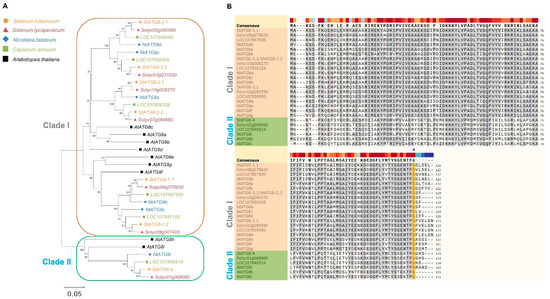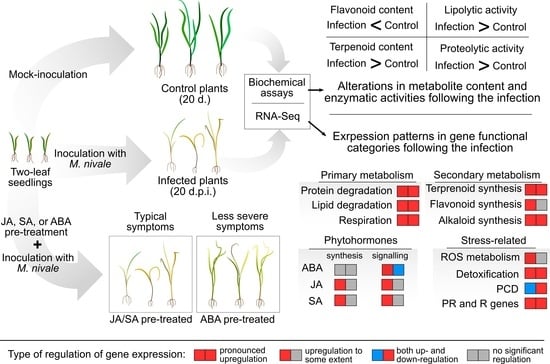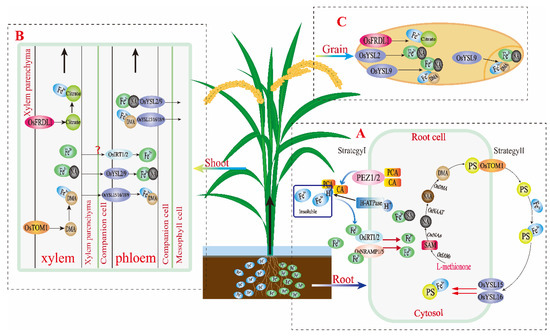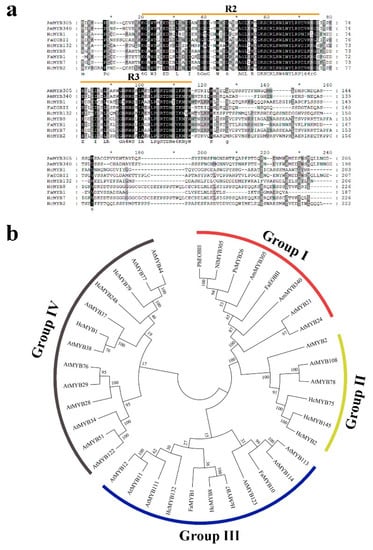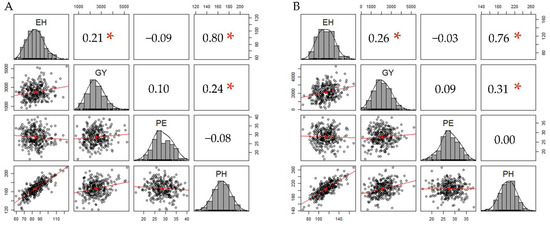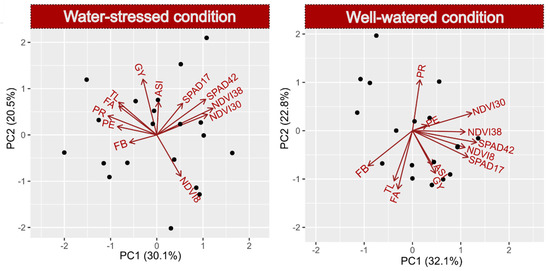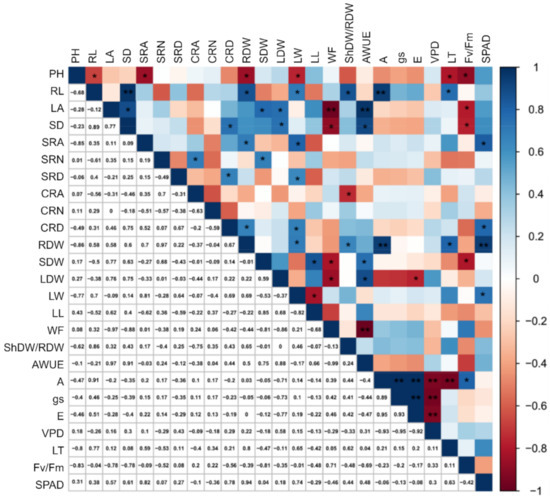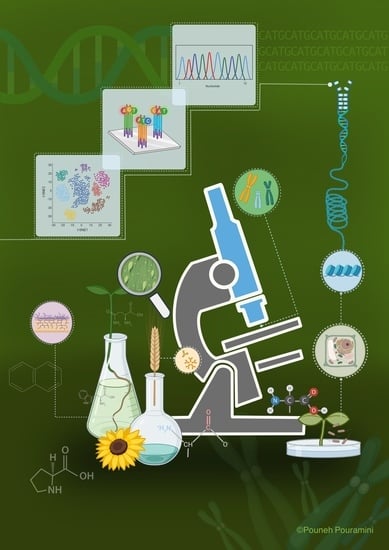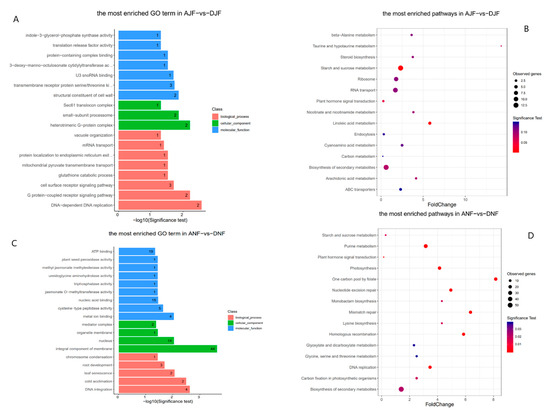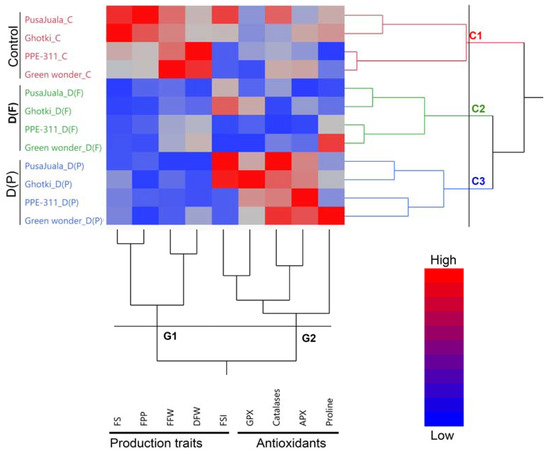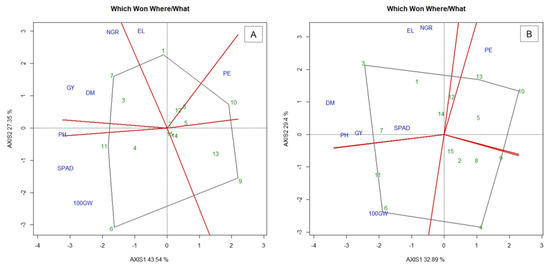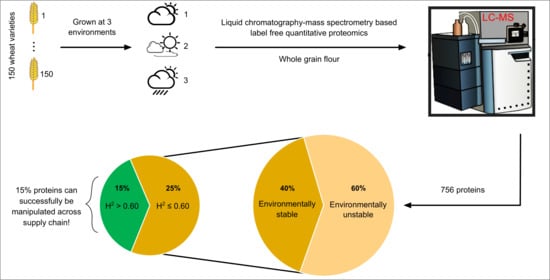OMICs, Epigenetics and Genome Editing Techniques for Food and Nutritional Security
A topical collection in Plants (ISSN 2223-7747). This collection belongs to the section "Plant Molecular Biology".
Viewed by 67710Editors
Interests: breeding science; quantitative genetics; GWAS; genomic and phenomic prediction
Special Issues, Collections and Topics in MDPI journals
Interests: cereals genomics; genetics and molecular breeding
Special Issues, Collections and Topics in MDPI journals
Interests: breeding science; proteomic; hybrid seed production; quantitative genetics; marker assisted selection
Topical Collection Information
Dear Colleagues,
The adequate supply of food providing calories and nutrients is essential for human survival. It has been estimated that approximately 800 million human population around the globe is facing acute shortage of food, around 2 billion are facing nutrient deficiency. Plant breeding and other agricultural technologies have contributed considerably to hunger reduction during the last few decades. However, crop improvement through the conventional breeding approaches is time-consuming and lacks in ability to deal with the global food requirements. Therefore, current research efforts in crop improvement target the use of OMIC technologies (e.g., genomics, phenomics, proteomics, etc.) to improve the efficiency and accuracy of conventional breeding. In fact, the amount of crop improvement programs that use the principles of OMIC-assisted breeding have increased considerably in recent years. Moreover, the exploitation of the advantages of the high-throughput techniques could have a positive impact on genetic improvement of crops based on OMIC-assisted breeding.
Therefore, in this Collection, we will publish reviews and original research papers that advance our understanding of novel plant breeding techniques that can help to accelerate the breeding programs with high efficiency and reliability. The scientific information on OMICs, Epigenetics and Genome Editing Techniques can help to unearth the underlying biological mechanism in plants, which is key to ensure food and nutritional security worldwide.
Dr. Freddy Mora-Poblete
Dr. Viktor Korzun
Dr. Antônio Teixeira do Amaral Junior
Collection Editors
Manuscript Submission Information
Manuscripts should be submitted online at www.mdpi.com by registering and logging in to this website. Once you are registered, click here to go to the submission form. Manuscripts can be submitted until the deadline. All submissions that pass pre-check are peer-reviewed. Accepted papers will be published continuously in the journal (as soon as accepted) and will be listed together on the collection website. Research articles, review articles as well as short communications are invited. For planned papers, a title and short abstract (about 100 words) can be sent to the Editorial Office for announcement on this website.
Submitted manuscripts should not have been published previously, nor be under consideration for publication elsewhere (except conference proceedings papers). All manuscripts are thoroughly refereed through a single-blind peer-review process. A guide for authors and other relevant information for submission of manuscripts is available on the Instructions for Authors page. Plants is an international peer-reviewed open access semimonthly journal published by MDPI.
Please visit the Instructions for Authors page before submitting a manuscript. The Article Processing Charge (APC) for publication in this open access journal is 2700 CHF (Swiss Francs). Submitted papers should be well formatted and use good English. Authors may use MDPI's English editing service prior to publication or during author revisions.
Keywords
- Multi-OMICs approaches (genomics, phenomics, proteomics, etc.)
- High-throughput techniques
- Grain Quality Improvement
- Hybrid Seed Production
- QTL mapping and GWAS
- Genome Sequencing
- Functional Genomics
- Genome Editing
- Gene Regulations
- Epigenetic Modifications
- Food Security
- Crop Improvement
- Speed Breeding
- Genomic Selection
- Zero Hunger
- Regulatory Framework









